WordCamp Asia 2025 wrapped up on Saturday at the Philippine International Convention Center in Manila, drawing over 1,400 attendees from 71 countries, with nearly 15,000 more tuning in online.
It was the first flagship WordPress event since WordCamp US 2024, and it arrived at a tense moment. WordPress co-founder Matt Mullenweg’s ongoing legal battle with WP Engine—and the fallout after he called the hosting company a “cancer” to WordPress last September—has left the community divided. But in Manila, the focus wasn’t on the drama. Instead, conversations centered on what’s next: innovation in WordPress, its growing role as a tool for entrepreneurs across Asia, and bringing in fresh faces—including younger generations through the event’s new YouthCamp initiative.
Reflecting on the event, Mullenweg wrote on his blog that it was an “interesting contrast to US and EU WordCamps as well in that the audience is definitely a lot younger, and there’s very little interest in ‘wpdrama’ du jour, in fact I’ve had tons of amazing conversations of support and talking about the strength and growth of the community.”
Contributors get to work on WordPress
The three-day conference kicked off with Contributor Day, bringing together nearly 800 people — including 126 first-timers — who tackled a range of projects across 19 Make WordPress teams.
The Core Team fixed a critical media bug, made progress on vertical text editing in Gutenberg, and made commits improving PNG image uploads while closing dozens of block editor issues. The Core Performance Team focused on optimizing WordPress performance.
The Themes Team cleared the queue of new theme submissions, while the Plugins Team onboarded new contributors and assisted the MetaBox team with an author name update. The Polyglots Team translated over 4,000 strings with the help of 66 contributors, expanding WordPress’s accessibility in multiple languages.
The Documentation Team improved WordPress learning resources, the Marketing Team contributed to the showcase and WordCamp strategy, and the Accessibility Team proposed an accessibility badge for plugins while working on bug scrubs for WordPress 6.8. Meanwhile, the Community Team vetted event applications, the Hosting Team facilitated discussions between hosting providers and customers, and the Test Team explored WordPress Playground for testing and development.
Talks cover AI, open source, and the future of WordPress
The main conference opened with a keynote from Matías Ventura, Gutenberg’s lead architect, who explored how the Block Editor and Full Site Editing are evolving while staying true to WordPress’s core design principles. His talk set the tone for two days of sessions covering WordPress innovations, contributions, and community growth.
Day one featured sessions on open source and the GPL, block development, AI, and the Interactivity API. Christy Nyiri from Automattic’s Special Projects team showcased how her team pushes the boundaries of block theme design. Atty. Jocelle Batapa-Sigue, Undersecretary of the Philippines Department of Information and Communications Technology, spoke about the state of diversity in tech and shared strategies for fostering inclusivity.
The day wrapped up with a keynote panel, WordPress in 2030, featuring Hong Phuc Dang (founder of FOSSASIA), Jon Ang (co-founder of WordCamp Asia and Director of Enterprise WordPress Strategy at Human Made), Courtney Robertson (Open Source Developer Advocate at GoDaddy), and Noel Tock (Chief Growth Officer at Human Made). The discussion covered the expanding open-source community, emerging technologies, and the role of education and mentorship. Panelists also encouraged attendees to actively shape the future of WordPress by contributing, innovating, and advocating for an open web.
Day two sessions focused on structured content, content modeling, multisite for enterprise, and continued discussions on AI and entrepreneurship.
A highlight of the day was the WordPress Speed Build Challenge, where Nick Diego (Developer Relations Advocate at Automattic) and Jessica Lyschik (Developer at Greyd) raced to recreate the Diabla Outdoor website. Jessica, now a three-time speed build competitor, took the win.
The conference also tackled hustle culture in tech. James Giroux, a Technical Account Manager at WordPress VIP and co-founder of Future of Team, presented findings from the Asia Mental Health Index Report, challenging the industry’s relentless work culture and advocating for a “Slow is Smooth, Smooth is Fast” approach to sustainable productivity.
Recordings of all sessions are available on the WordPress.org YouTube channel. According to organizers, 15,000 people watched the conference livestreams, including Fluent Forms Tech Lead Lukman Nakib, who shared his appreciation for the option to participate remotely: “Missing WordCamp Asia and attending though online 🙃🙃, thanks to the organizers for this option to participate remotely.”
New additions to the WordCamp Asia experience
This year’s WordCamp Asia introduced new initiatives aimed at making the event more accessible, engaging, and connected.
YouthCamp, a dedicated track for attendees aged 8–17, made its debut with hands-on sessions covering website creation, design fundamentals, and development basics. The goal? To introduce young people to WordPress and open source in a fun, practical way.
The Career and Social Corners provided new spaces for networking. The Career Corner connected attendees with hiring sponsors and job opportunities, while the Social Corner offered a more casual setting for conversations—ideal for first-time attendees looking to meet people.
A new Solutions Spotlight series featured fast-paced, 10-minute talks from sponsors, highlighting innovative tools and strategies for WordPress users. The sessions gave attendees a chance to see how businesses are solving challenges in WordPress and pick up practical insights.
The event also welcomed Diversity Scholarship recipients Astha Jain and Makarand G. Mane, along with Kim Parsell Scholarship recipients Zeel Thakkar and Pooja Derashri. Reflecting on her first flagship WordCamp experience, Jain posted on X: “It was anxiety kicking in while coming here, now it’s overwhelming—as if I’m leaving a piece of myself here. #Philippines has been beautiful. Proving yet again that it’s always about the people! Thanks @WordCampAsia for the memories I’m gonna cherish forever.”
Matt Mullenweg’s “unique” keynote and Q&A
Closing out the conference, Matt Mullenweg took the stage for his keynote address and Q&A, reflecting on his experience attending WordCamp Davao 2008, where he delivered a talk from across a swimming pool. After sharing this anecdote, he opened the floor to questions.
Attendees raised a range of topics, from the future of headless WordPress to the impact of Automattic’s reduced contributions to WordPress development. When asked about the ongoing legal battle with WP Engine, Mullenweg reiterated that Automattic had been forced to divert resources to legal defense and that contributions would return to previous levels once the lawsuit is resolved:
“Automattic is having to spend millions of dollars—per month, sometimes—to defend against these attacks from WP Engine. And with the court injunction, it’s just hard to stay motivated and to spare the resources to contribute so much. Now, [WP Engine] could end it tomorrow. I’d love to welcome WP Engine back into the fold, back to WordCamps… But we can’t end it. We can only defend… So as soon as they stop that, we’ll get back to it. I can’t stop it—ask them.”
A tense moment came when Taco Verdonschot—whose product Progress Planner was banned from sponsoring WordCamp Asia along with his business partner Joost de Valk—challenged Mullenweg on whether the project was truly open to change:
“You were talking about adaptability before, and survival of the fittest—that means being open to change. What we’ve seen in the last couple of months is that people who were talking about change got banned from the project. How open are you to discussing change in the project?”
Mullenweg said that talking about change “isn’t going to get you banned,” adding that it’s “other behavior” that leads to people being banned from WordPress. While Verdonschot was no doubt alluding to de Valk’s ban, Mullenweg declined to speak further, telling Verdonschot that he wanted to keep the Q&A “positive.”
The Q&A also touched on gender equality in tech, with Caroline from Hong Kong raising concerns about how women at her company are treated unequally to men. Closing out the Q&A, Lyschik asked Caroline to connect with her and other women in WordPress to build stronger support networks.
Looking ahead to WordCamp Asia 2026
As WordCamp Asia 2025 wrapped up, organizers announced that Mumbai, India, will host next year’s flagship event.
India’s selection comes as no surprise—the country has a strong grassroots WordPress community. Three WordCamps have already taken place there this year—Ahmedabad, Kolhapur, Kolkata, and Pune—highlighting the depth of local engagement.
Beyond WordCamps, WordPress Meetup events in India lead global engagement, with in-person meetups in Ahmedabad and Mumbai regularly drawing 165+ RSVPs, according to WordPress Community Team data released last August.
During his Q&A, Matt Mullenweg said next year’s event could bring in 3,000–4,000 attendees—potentially making it the largest flagship WordCamp yet.
Reflecting on this year’s success, WordCamp Asia Global Lead Shusei Toda shared: “What a journey. I’m grateful for all the people who made this year’s #WCAsia happen.”
For more on how the event came together: WordCamp Asia 2025 Gears Up for Its Biggest Event Yet: Q&A With Shusei Toda & Yuli Yang
The Repository is a proud media partner of WordCamp Asia 2025.


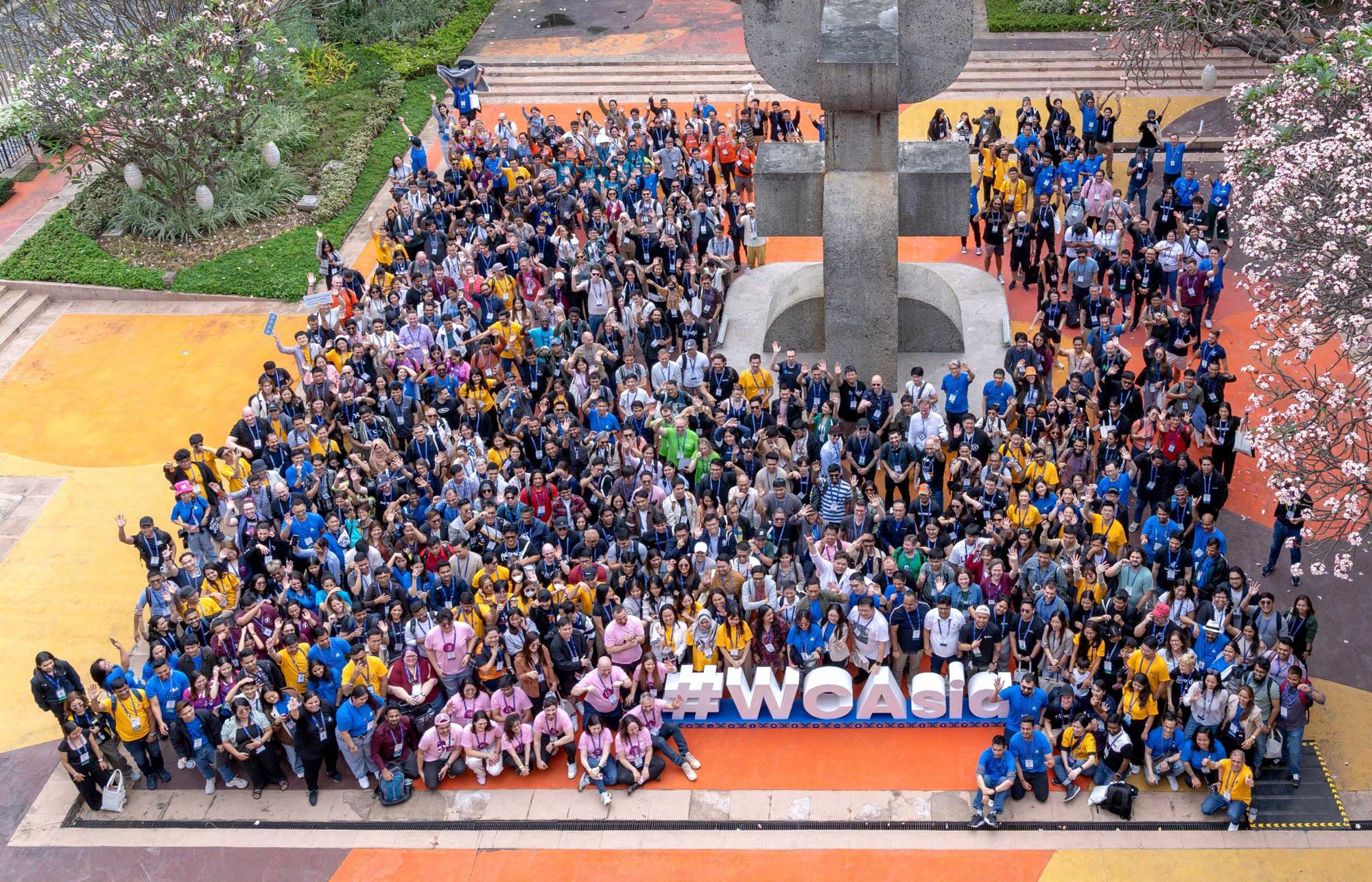
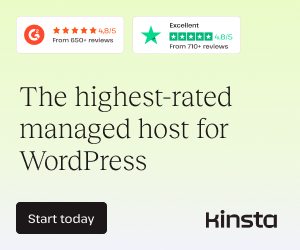


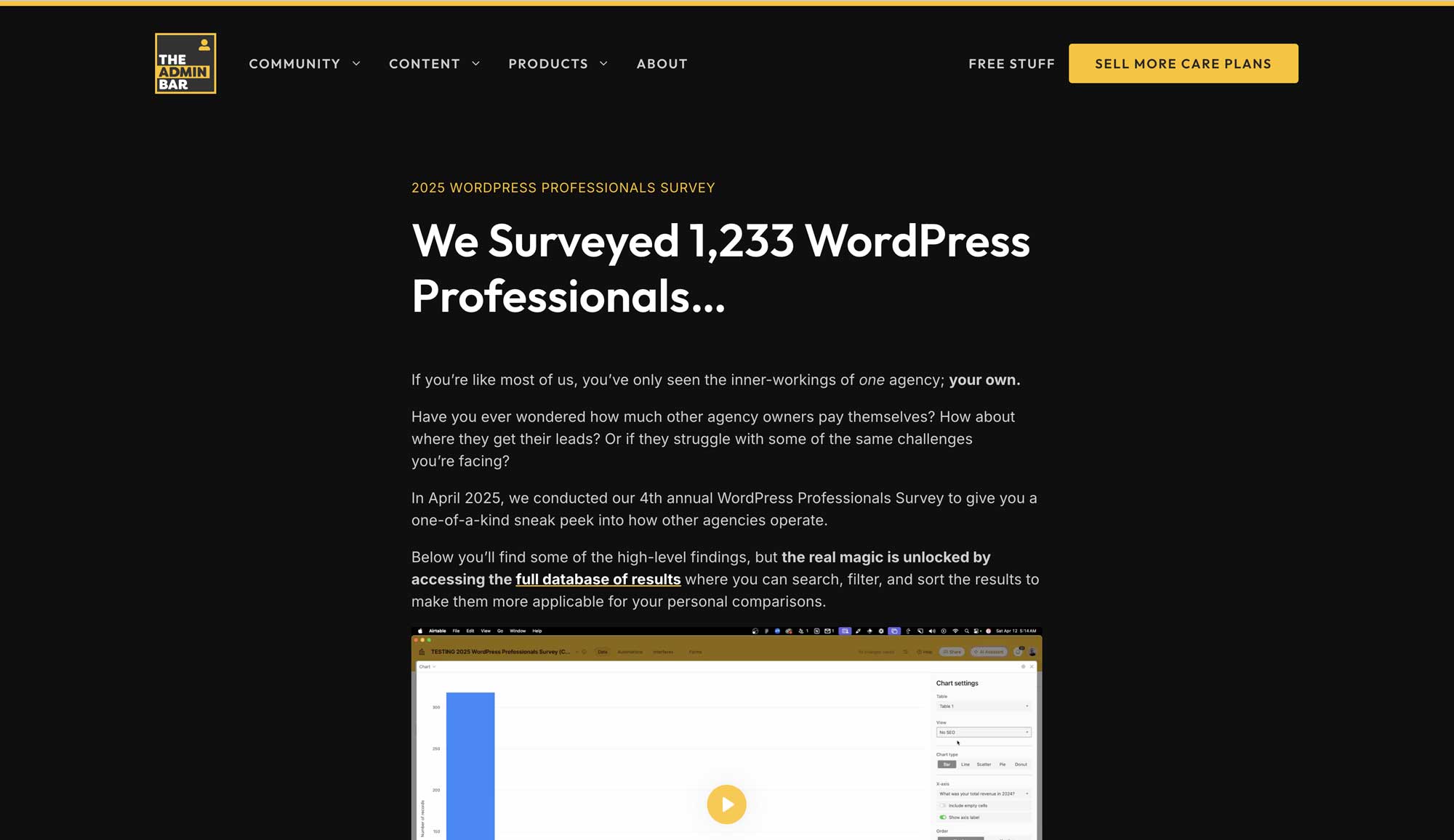
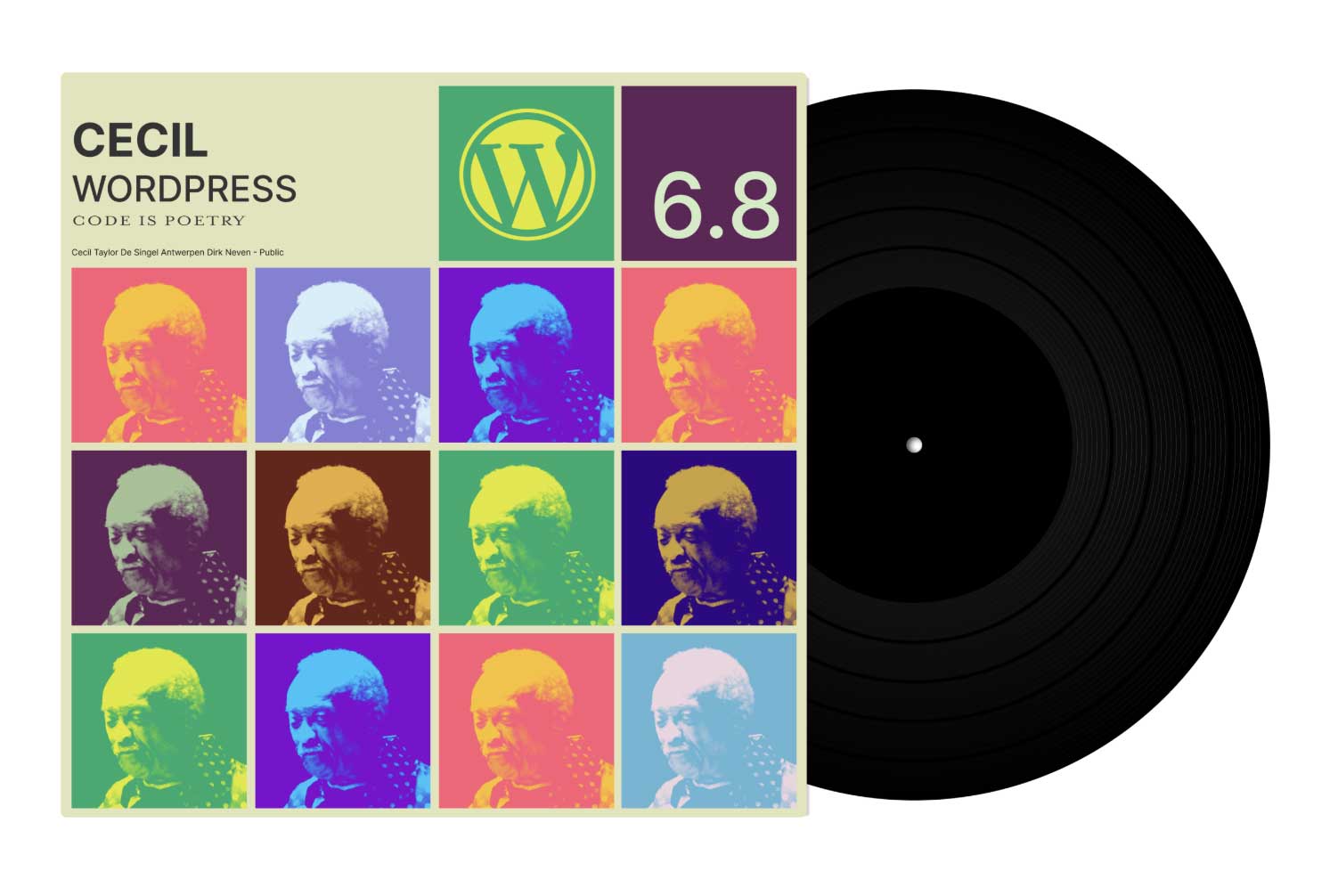
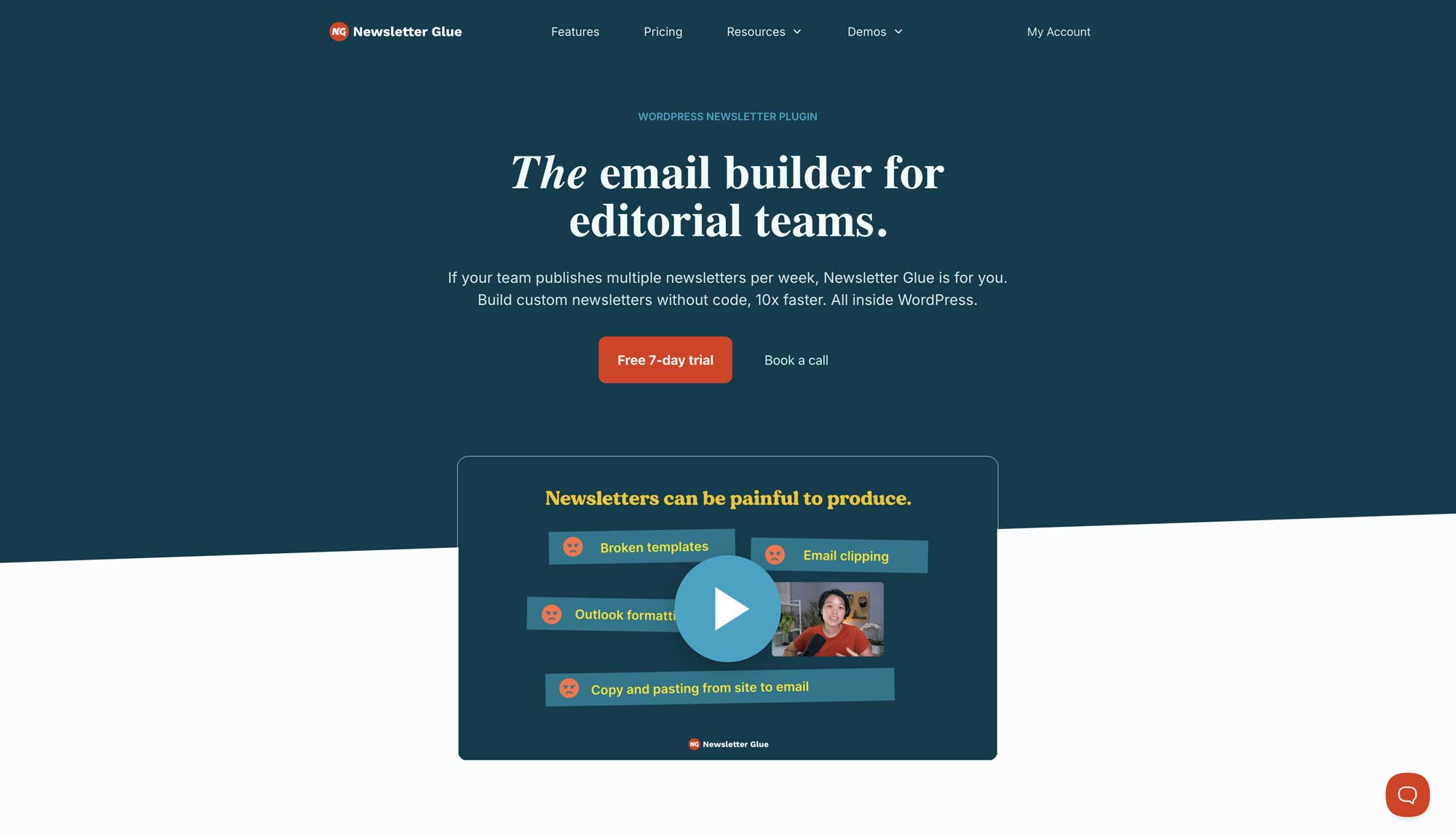
Comments
2 responses to “WordCamp Asia 2025 Wraps Up in Manila, Eyes on Mumbai for 2026”
Before WordCamp Asia, India had hosted 4 WordCamps, you missed WordCamp Pune
Ah true! Updating the article…